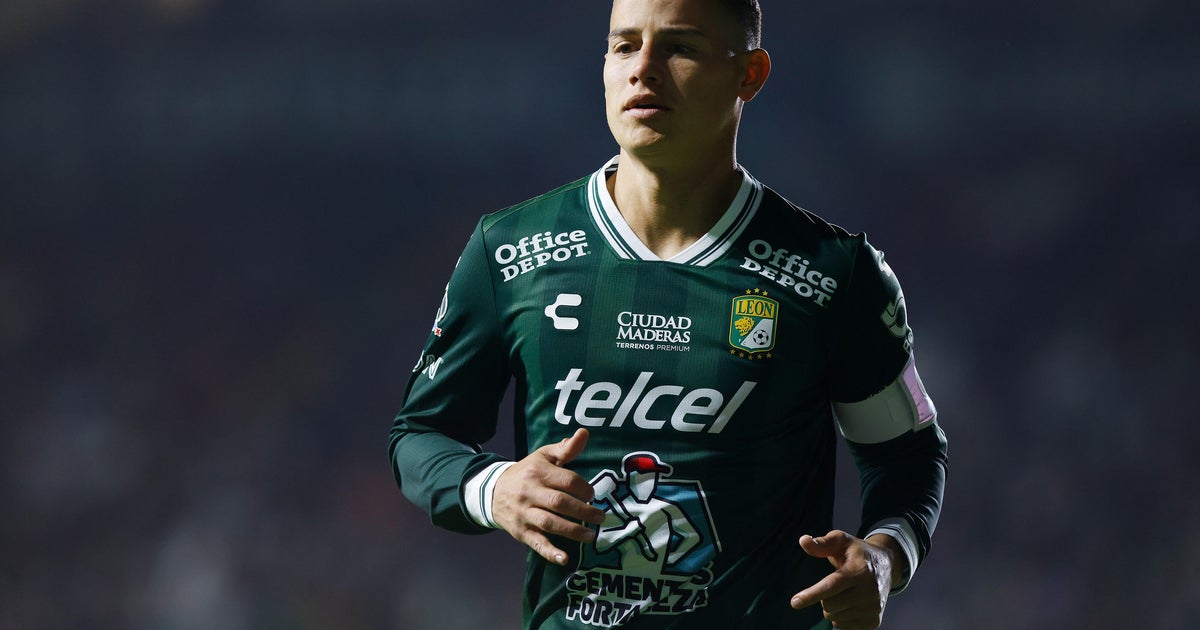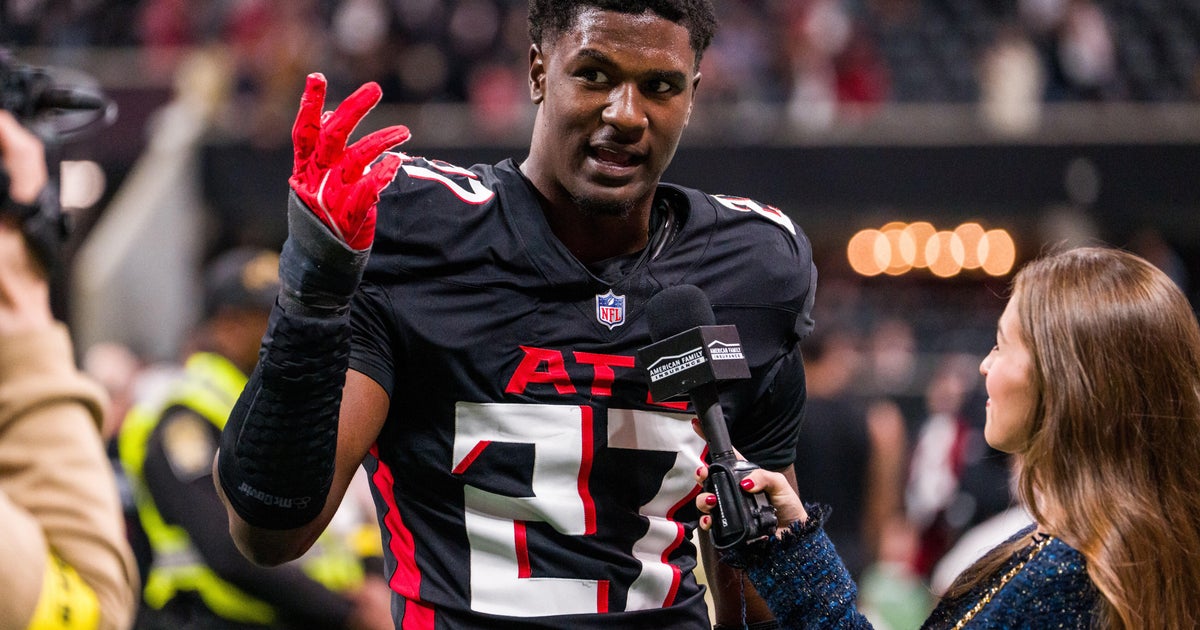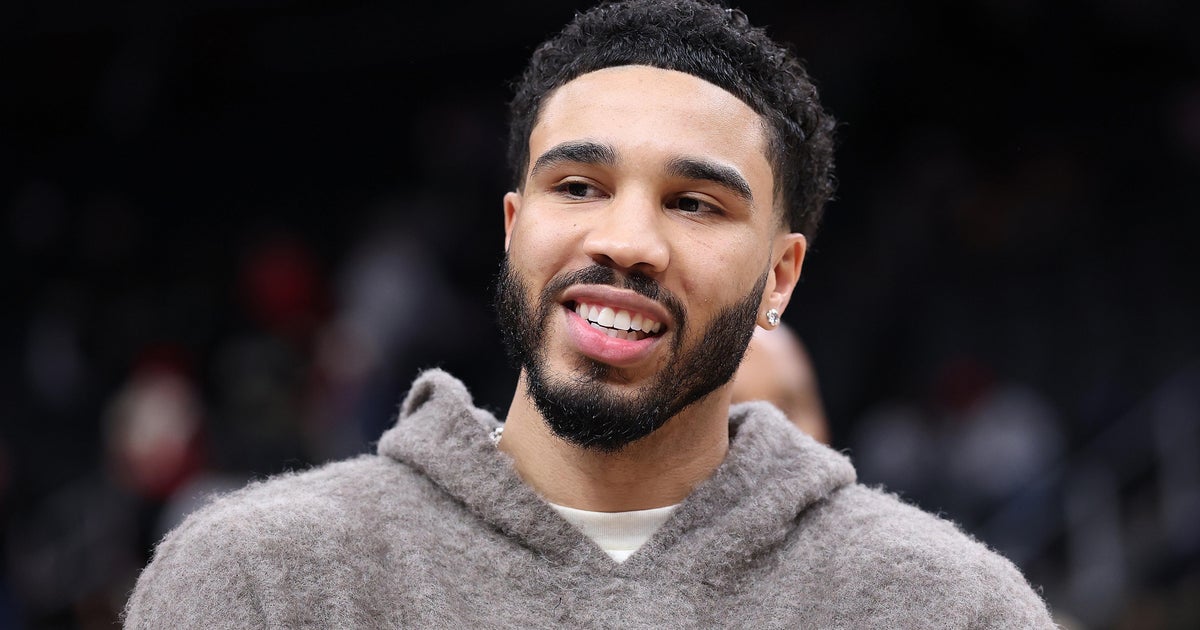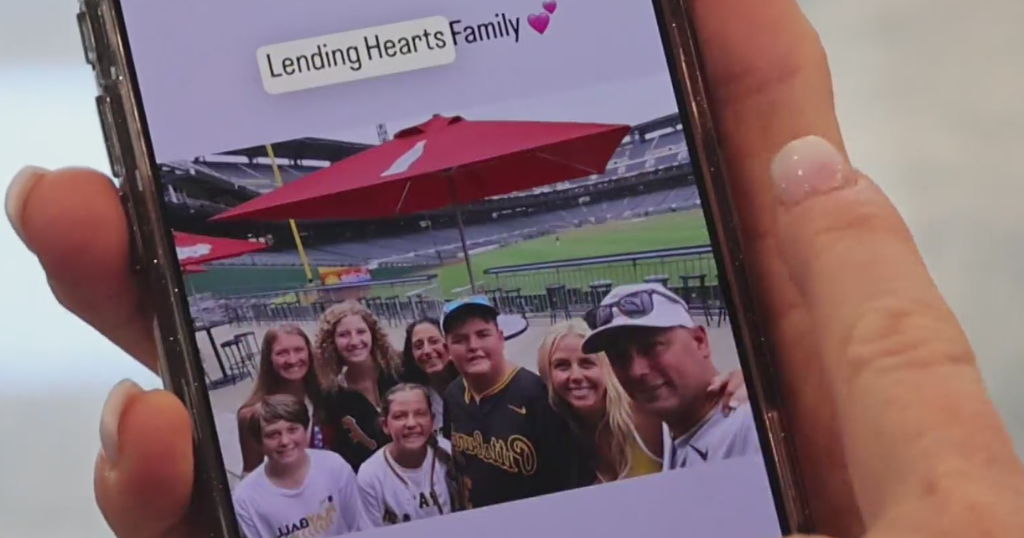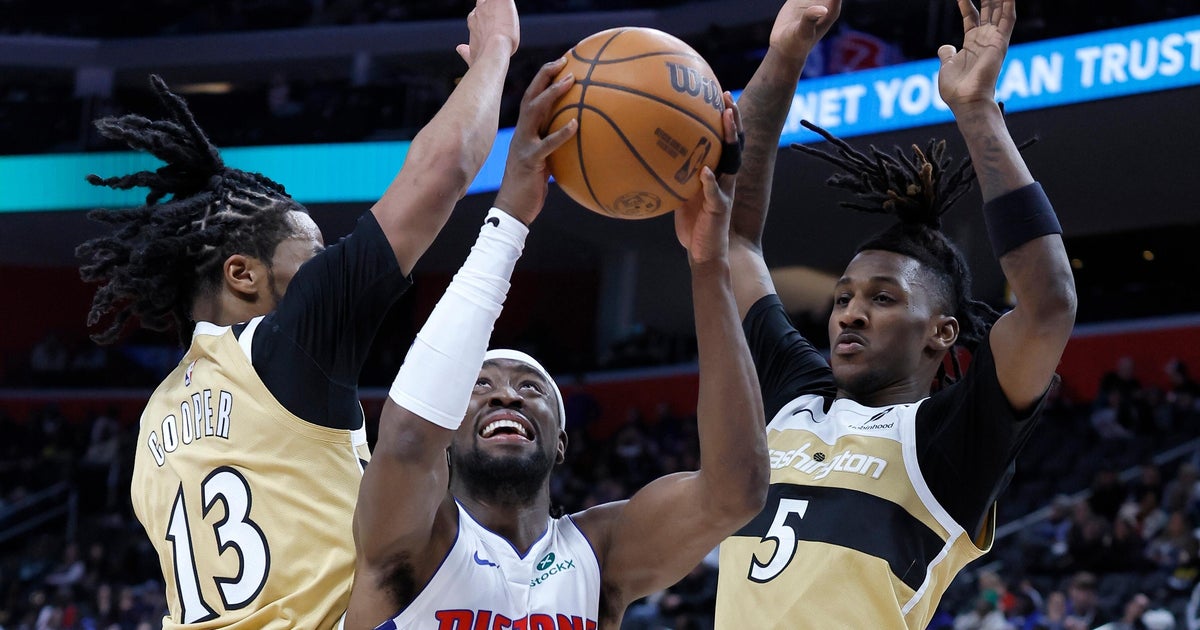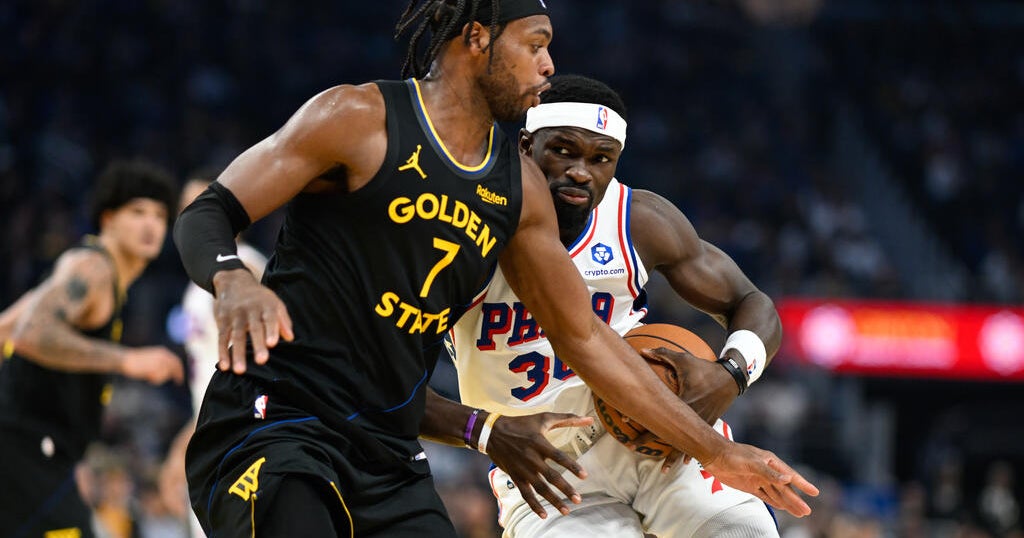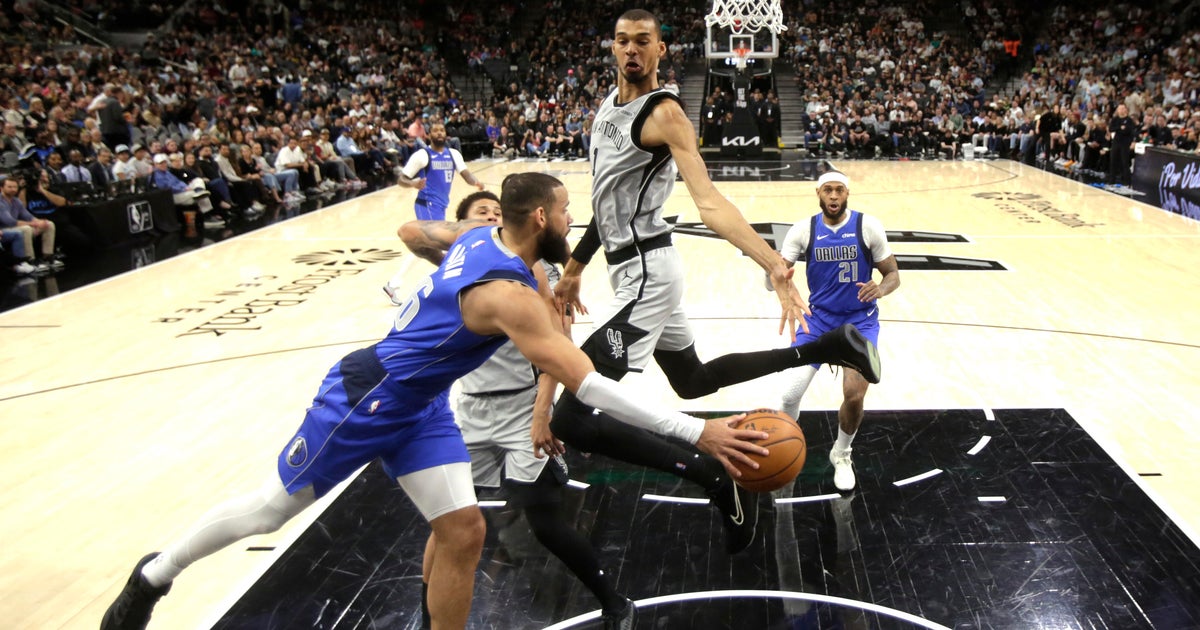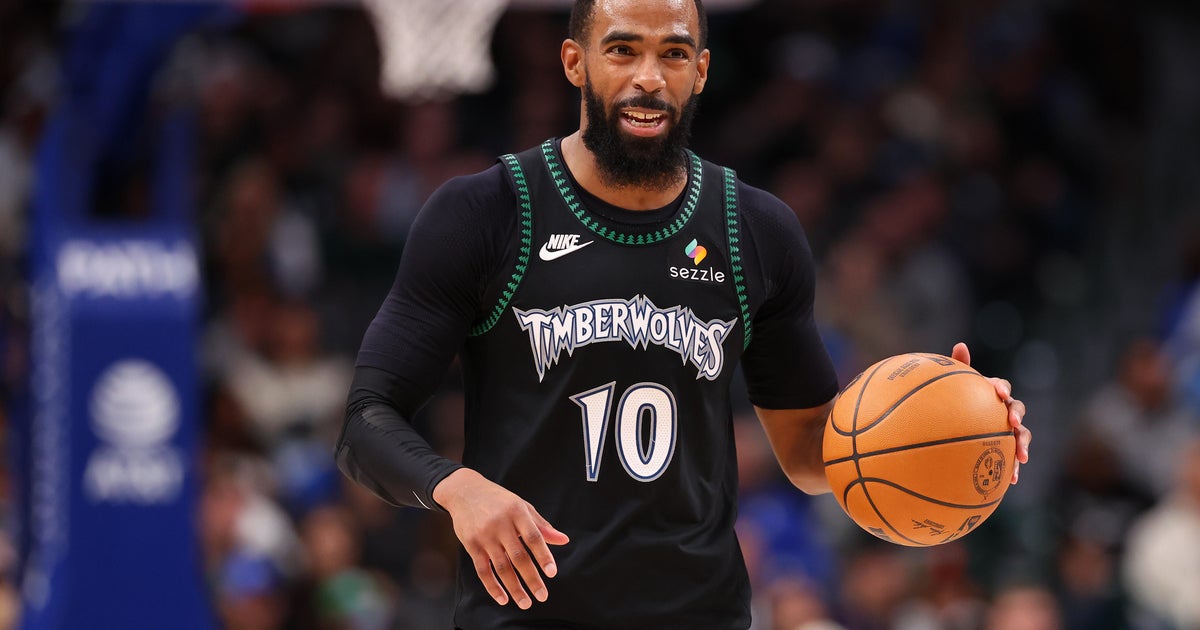Kallas Remarks: LeBron James Still Doesn't Get It
By Steve Kallas
» More Columns
While we should focus on how good Dallas was (as opposed to how bad LeBron James was), it's hard to listen to LeBron talk and not root against the guy. He still doesn't get it. Here's his quote after he played the Invisible Shrinking Man (again) in Game 6 and went home (to Akron, Ohio?) without an NBA title:
"At the end of the day, all the people that was rooting on me to fail, at the end of the day they gotta wake up tomorrow and have the same life that they had before they woke up today; they got the same personal problems that they had today you know and I'm gonna continue to live the way I wanna live and continue to do the things that I wanna do with me and my family and be happy with that."
While that may actually be true, it just shows a lack of understanding on LeBron's part. Here's a guy who disappeared in virtually every fourth quarter in the finals (did you see this stat? – In the fourth quarter of the six finals games with the lead five points or less one way or the other, Dirk, 26 points, Lebron James, 0 points). Obviously, not only did LeBron disappear in the fourth, he didn't score one meaningful point with the game still close.
Why would you open your mouth and say something stupid like that (even if true) after you've been the key factor in your team failing to win the NBA title?
Unbelievable.
The other dopey LeBron statements (like "sometimes the ball goes in and sometimes it doesn't" and that stupid Tweet that essentially said that God didn't have it in his plans for LeBron to win) almost defy logic. If LeBron really wants to be considered an all-time great, he needs to work on his mid-range game and his outside shot. He's simply not a very good shooter and, in that respect alone (forget the championships or lack thereof), is no Kobe or Michael Jordan. The notion that God didn't want him to win this year, well, you can debate that theoretically forever, but I like the answer that God has other things to deal with a little more important than a basketball game.
SPOELSTRA COMES UP SMALL
You can always argue little things one way or the other in terms of a coach and his decisions. You can tell (from "Wired Up") that coach Erik Spoelstra is not a big rah-rah guy but, rather, is a guy who wants to be cool, calm and collected. While that may generally work, this series cried out for some emotion from someone on the Miami Heat.
The coach was as good an option as anyone else – but it never happened.
But the real problem, repeated time and time (and time) again by Spoelstra and the Miami coaching staff, was the failure to double Dirk Nowitzki with the game on the line on not one, not two, but THREE occasions (seriously). At the end of Game 2, Spoelstra (inexplicably) had Chris Bosh guarding Dirk. Dirk easily went by Bosh to score a left-handed lay-up to win Game 2.
In Game 3, according to the coach, Udonis Haslem asked to guard Dirk with the game on the line (apparently, that didn't dawn on the Miami staff as a better option than Bosh). Haslem contested Dirk, who got a decent look at a fadeaway 16-footer that was a little strong. Miami wins.
In Game 4, with Dallas up one, Haslem again guarded Dirk, who put the ball on the floor and went right by Haslem for an easy righty lay-up (with a flat-footed LeBron standing five feet from Dirk) to put Dallas up three.
The fact that it never dawned on anyone to double Dirk, to take the ball out of his hands, to let ANYONE not named Dirk Nowitzki (as opposed to Dirk himself) beat you, is one of the great mysteries of all-time. Two out of the three games were essentially decided in Dallas' favor by this questionable defense; indeed, the third could have been a win as well but Dirk just missed the jumper.
Hard to believe that Miami will play it this way if they ever meet again in the finals.
CARLISLE COMES UP BIG
Rick Carlisle became the Coach of the Year with his "decisions" in the playoffs. The most important, by far, was the decision to put JJ Barea into the starting lineup when many were stating that he should be on the bench. But, clearly, Barea had a case of nervousness at the beginning of the series. In Game 1 he had five or six easy looks and missed them all. But, eventually, he was a key component to Dallas winning the Championship.
Here are the numbers: In Games 1-3, coming off the bench, Barea was 5-23 from the floor with only five assists. In Games 4-6, in a starting role, Barea changed the series, going 16-32 from the floor and adding 13 assists.
LeBron James might have shut down NBA MVP Derrick Rose in the Chicago series, but he couldn't guard JJ Barea in the NBA Finals.
Neither could anybody else (thankfully, Jon Barry of ESPN recognized this, stating on multiple occasions that Barea "changed the series" – very few people understood this until the series was over).
AND DON'T FORGET TYSON CHANDLER
At the start of the playoffs, Dallas seemed to be what they always were – one superstar with a bunch of very good players. They never defended really well and always came up short. But the addition of Tyson Chandler (and his use by Carlisle) was also a key to Dallas getting over the hump.
Chandler solidified the middle, was a rebounding force both offensively and defensively and could even score at times when really needed. He (plus Carlisle's use of a zone defense to turn Miami into jump shooters) was the missing piece that differentiated this Dallas group from all the previous ones.
Carlisle eventually made him the main pick (as opposed to Nowitzki) on the pick and roll – which led to open shots for Dirk and virtually everybody else on the Mavericks.
These changes – and a will to win from guys looking for their first title like Jason Kidd, Jason Terry and Shawn Marion (in addition to Dirk) – helped Dallas win their first NBA title.
